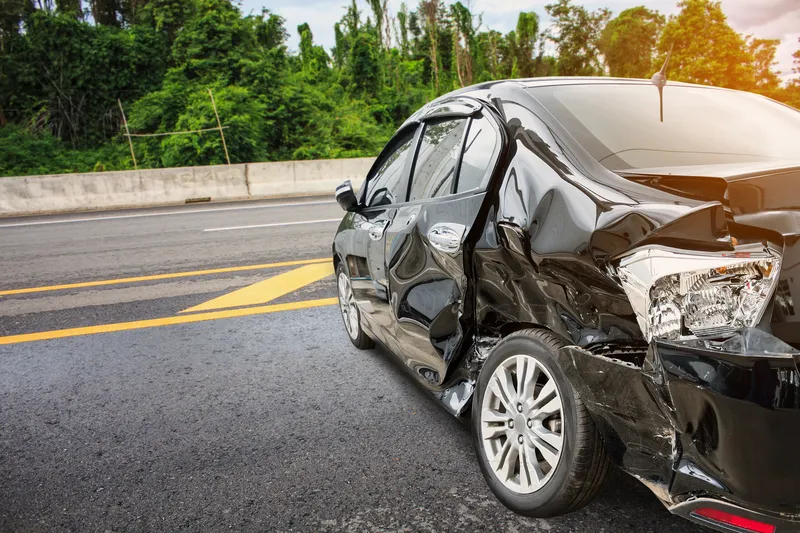According to independent research conducted by the
The DLR study included extensive drive tests in and around the city of Berlin, Germany and the study is based on a typical commute lasting 30 to 40 minutes each way.
“Smart routing technology combines accurate historic and real-time traffic information to significantly reduce drive times,” says Karsten Lemmer, director of DLR’s Institute of Transportation Systems. “In addition, it may also help to reduce travel times for all drivers by spreading the traffic load to other routes. On top of that, fewer stops caused by traffic congestion lead to less fuel consumption and ultimately less CO2 emissions.”
TomTom's HD Traffic saves drivers up to 30% commute time, according to German study
According to independent research conducted by the German Aerospace Centre (DLR), products powered by TomTom’s HD Traffic reduce average drive times by 13 per cent and up to 30 per cent in congested areas. HD Traffic is the company’s real-time traffic technology and is used in products ranging from portable navigation devices (PNDs), smartphones, automobile infotainment systems, and government traffic management centres. In addition to reduced commute times, the study showed that TomTom outperforms the comp
March 29, 2012
Read time: 2 mins







